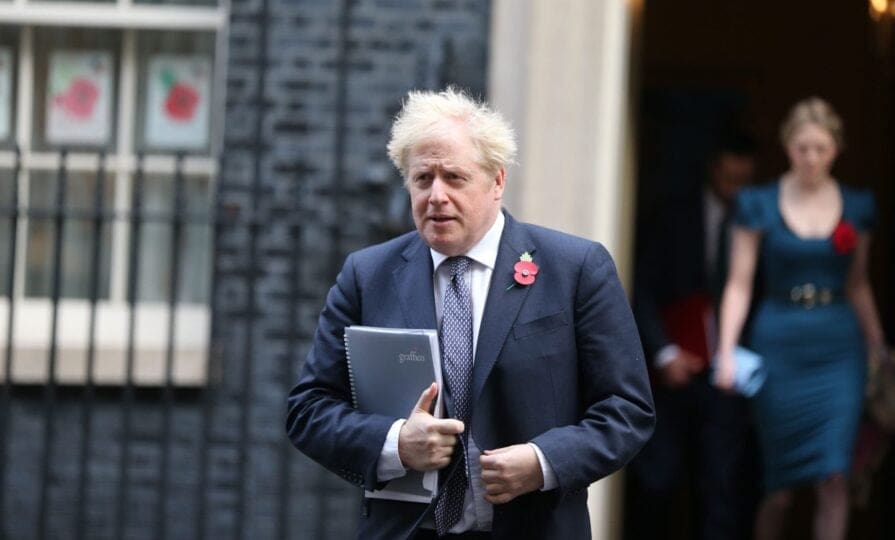Johnson admits children ‘paid a huge price’ for lockdown decisions
He told the inquiry that he had considered sacking then education secretary Gavin Williamson over the handling of the exams grading controversy and delays to reopening schools

Register to get 1 free article
Reveal the article below by registering for our email newsletter.
Want unlimited access? View Plans
Already have an account? Sign in
Boris Johnson has said children “paid a huge price” for lockdown decisions during the Covid-19 pandemic, as he admitted to mistakes in government handling of school closures and the wider impact on pupils.
Giving evidence to the public inquiry, the former prime minister said he “takes full responsibility” for decisions that led to prolonged disruption to education, describing the loss of classroom learning as one of the pandemic’s “most painful consequences”.
Johnson acknowledged that the government had been “overwhelmed by the speed of events” in early 2020 and that early planning for school closures had been inadequate. He said he was “surprised” the Department for Education had no formal contingency plan before mid-March 2020 but denied negligence, arguing ministers had to “change policy when the facts changed”.
He told the inquiry that he had considered sacking then education secretary Gavin Williamson over the handling of the exams grading controversy and delays to reopening schools. However, he said he decided against it, believing Williamson had been “doing his best in impossible circumstances”.
Johnson apologised to students affected by the 2020 grading algorithm, describing it as “a disaster”, and admitted that the government “should have planned better” for both closures and recovery. He said rejecting a £15bn catch-up plan proposed by education recovery commissioner Sir Kevan Collins was “a very difficult decision”, though he argued it reflected “the economic realities of the time”.
The inquiry’s eighth module is examining how government decisions during the pandemic affected children’s education, wellbeing and long-term development.

